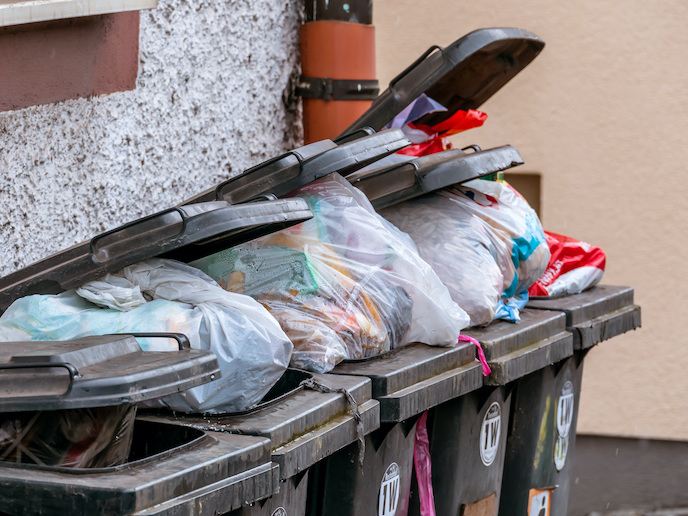Cities come together to tackle mountains of waste
The average EU resident generates about 5 tonnes of waste in a year, according to the latest figures collected across the 28 Member States by Eurostat. And disposing of all our waste has become a headache for local authorities, particularly for Europe’s towns and cities, says Cinzia Vuoto, who heads environmental services in the city of Cremona in Italy. “Although the percentage of recycling is high in Italy and in many other EU countries, the waste problem is an emergency situation,” Vuoto says. “There aren’t enough plants able to really transform and recycle materials in a proper way, so that the material doesn’t lose its intrinsic value.” Vuoto coordinated the Urban_Wins project to tackle that emergency, pooling expertise and data from 24 EU cities in 6 countries and testing strategic plans in seven cities. Partners included local authorities, environmental associations and waste disposal companies. The work is already helping authorities and consumers to share best practices and to cut back on waste production.
Green experiments
Among the schemes tested, Cremona piloted a tariff system to charge residents based on the amount of waste they produced and is now producing a feasibility study to apply it across the city. It also tested a last-minute market where expiring products and food surpluses were donated to reduce the amount of good food being thrown away. Bucharest in Romania focused on restaurants and bars with a ‘zero waste’ separation collection programme. The city council developed, debated and approved a waste plan for the historical centre, produced a mini guide on food waste prevention and management for restaurant staff and clients there and ran an awareness-raising campaign. Sabadell in north-eastern Spain started eco-awareness spaces to get residents talking and thinking about waste disposal. “We really need to reduce waste production, especially packaging waste, which hasn’t been reduced in the last few years,” says Vuoto. Although in the EU waste production is decreasing, it isn’t happening fast enough given the pressure on landfill sites and the impact on the environment from landfill and incineration. “There are also great differences between Member States,” adds Vuoto. “The starting point of the various pilot cities was very different. Urban_Wins led to better knowledge, giving a full perspective of possible scenarios and it has allowed a real discussion with citizens.” The project has produced a calculation model for designing waste strategies, and guidelines for drawing up programmes to introduce circular economies in cities, aiming to recycle waste and to use it to produce energy. The project partners found, as Swedish teenage activist Greta Thunberg said at the COP25 climate summit, that people are ready to make changes to their lifestyles to protect the environment. “The cities were ready to face the proposals we presented on the project and enthusiastically welcomed the chance to discuss waste management, cutting waste and the principles of the circular economy,” concludes Vuoto.
Keywords
Urban_Wins, waste, recycling, waste disposal, zero waste, waste management



